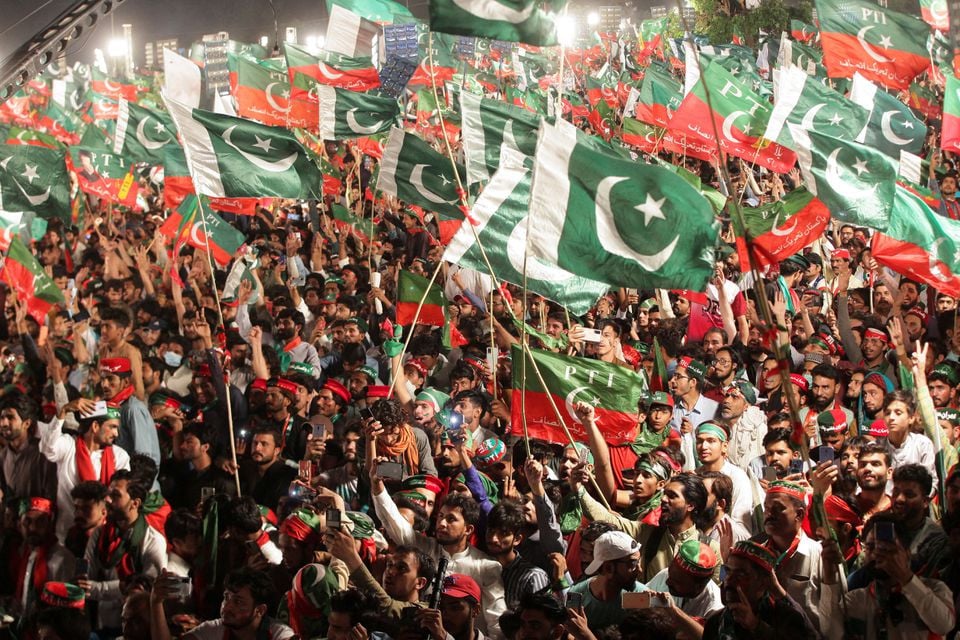ISLAMABAD: Pakistan Tehreek-e-Insaf (PTI) has begun high-level talks with a key government figure in hopes of finding a solution to the ongoing tensions.
Sources in the media have reported that the initial talks were positive. However, revealing the names of those involved at this stage could harm the progress being made towards resolving the issues between PTI and the government, particularly the military establishment.
The source mentioned that the government’s contact person will consult with the relevant authorities. If the talks continue to progress well, PTI may cancel its planned protest on November 24 in exchange for assurances on their demands.
Tuesday’s meeting of the apex committee is expected to play a crucial role in deciding whether both sides will continue their confrontation or move towards meaningful dialogue.
Khyber Pakhtunkhwa’s Chief Minister, Ali Amin Gandapur, has already stated that he will bring up the issue of Imran Khan and the tension between PTI and the military during the apex committee meeting.
The apex committee is made up of Pakistan’s top civilian and military leaders. In this setting, Gandapur will have the chance to address the issues directly with high-ranking military officials, including Army Chief General Asim Munir and intelligence chiefs.
If a decision is made to begin talks, it is expected that PTI and the government will be the main parties involved in the dialogue. The military may not directly take part, but the government negotiators will likely need the military’s approval on any key points.
A source revealed that despite public statements, PTI leaders understand that their demands cannot be immediately met if talks begin. The start of dialogue, however, would be seen as a major step forward. This process could encourage PTI to call off its November 24 protest march in Islamabad, where they had planned a sit-in until their demands were addressed.
The PTI, which is preparing for a large protest on November 24, has faced significant political challenges in its ongoing conflict with the military. There are even discussions within PTI about easing up on attacks against the institution and its leaders, acknowledging that such tactics have not worked in the past and are unlikely to succeed in the future.


